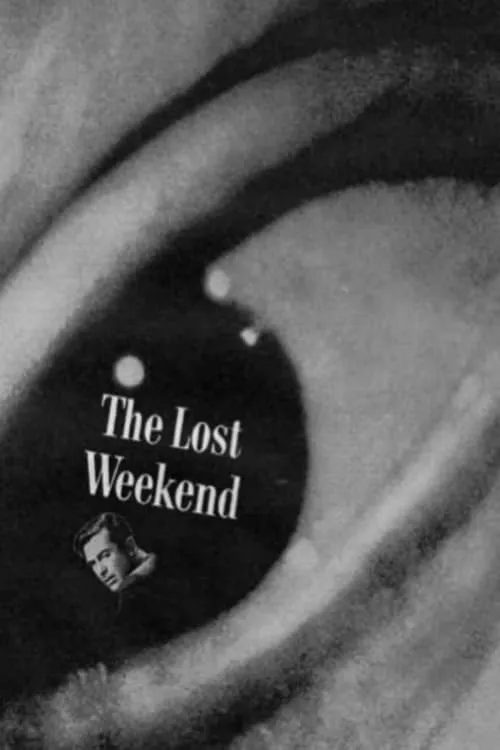The Lost Weekend

Plot
Ray Milland's portrayal of Don Birnam in Billy Wilder's 1945 drama, The Lost Weekend, is a powerful and poignant portrayal of the devastating effects of addiction. Set in post-war New York City, the film tells the story of Don, a struggling writer and chronic alcoholic, who finds himself at the mercy of his cravings. The movie opens on a somber note, with Don sitting in his cold, cluttered apartment, staring blankly at a nearly-empty bottle of gin. Though he has been sober for ten days, the memories of his previous benders continue to haunt him. His brother, Wick, a cheerful and responsible young man, has planned a countryside weekend for his family and is eager to have Don join them. However, Don is determined to evade the trip, knowing that it will only serve as a trigger for his cravings. As Don sets out to avoid Wick and his girlfriend, Helen, he begins to make his way through the city, visiting his favorite haunts and seeking out new sources of alcohol. The camera follows him on his journey, capturing his increasing desperation and desperation as he searches for a drink. The cinematography, handled by the renowned Charles Lang, is stark and unforgiving, reflecting the bleak reality of Don's situation. Don's relationships with the people around him serve to illustrate the ways in which his addiction has isolated him from others. His brother and Helen are kind and concerned, but Don pushes them away, unable to accept their help or support. His interactions with the people he encounters on the streets, such as the friendly bartender who takes a liking to him, only serve to highlight the gulf between his current life and the one he once knew. As the weekend wears on, Don's behavior becomes increasingly erratic. He crashes at a cheap hotel, spends his nights drinking with strangers in dingy bars, and stumbles through the streets of the city, searching for a drink. The film's pacing is relentless, mirroring the frenetic energy of Don's downward spiral. Wilder's direction is masterful, using the camera to capture Don's desperation and despair. One of the most striking aspects of the film is Milland's performance. As Don, he completely immerses himself in the character, capturing the nuances of his thoughts and emotions with remarkable sensitivity. From the early scenes, in which Don is shown to be struggling with his sobriety, to the later moments, where he is slurring his words and stumbling through the streets, Milland gives a performance that is both heartbreaking and terrifying. Throughout the film, Wilder and screenwriter Charles Brackett subtly yet effectively convey the complexities of Don's situation. They show how his addiction has destroyed his relationships and his reputation, reducing him to a shadow of his former self. At the same time, they also suggest that Don is not simply a lost soul; he is a complex and multifaceted individual, plagued by his own demons and struggling to find a way out. The Lost Weekend is a powerful and affecting portrayal of addiction, one that is both thought-provoking and heartbreaking. Through its vivid portrayal of the city and its nuanced exploration of the human psyche, the film offers a searing indictment of the destructive effects of alcoholism. As a testament to Milland's performance and Wilder's direction, it remains a landmark of American cinema, a moving and unforgettable exploration of the human condition.
Reviews
Recommendations




